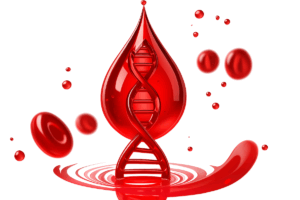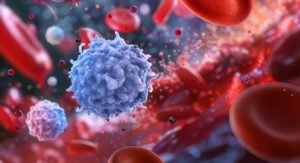We always hear about the highly celebrated Precision Medicine, but what is this in reality?
An answer might be “the possibility to adopt a very personalized way to exploit at best the existing and novel therapeutic options”.
A practical example is provided by the targeting of DNA repair mechanisms in cancer treatment.
This month’s paper* reviews the most relevant and recent findings and discusses the perspectives of genome-driven oncology. Enhancing precision in medicine means pushing the frontiers for development of better drugs by allowing entirely novel approaches, optimizing the use of current and future treatments and improving patient selection for clinical trials moving to the next generation of clinical studies.
In the last decades, Next-Generation Sequencing (NGS) methods have frequently revealed genetic mutations altering the processes of DNA repair in several types of cancers. Beyond mutations, epigenetic silencing is another factor involved in the process. Along with this evidence, the unambiguous role of DNA repair in the response to treatment has propelled the clinical endeavors of embracing and tap on the research findings. A successful instance is provided by PARP1/2 inhibitors in BRCA1/2-deficient cancers, which paved the way for various preclinical and clinical trials involving a wide range of molecules targeting different players of the DNA repair processes, individually or combined with other treatments.
To define which treatment could be more suitable to each patient and to develop new alternatives it is necessary to depict the biological factors underlying the tumors. Molecular characterization of individual tumors is, therefore, the outset of a more personalized approach for the therapeutic exploitation of current and novel therapeutic opportunities.
There is no doubt that, as we’re moving toward a more precise future for oncology, the medical community will need precise answers to new molecular diagnostic questions. While only a minority of oncology patients currently benefit from genomic matching to targeted therapies, this population needs to continue its expansion driven by the advances in technology and knowledge.
4bases, when precision makes the difference
*Klinakis A, Karagiannis D, Rampias T. Targeting DNA repair in cancer: current state and novel approaches. Cell Mol Life Sci. 2020;77(4):677‐703. doi:10.1007/s00018-019-03299-8





